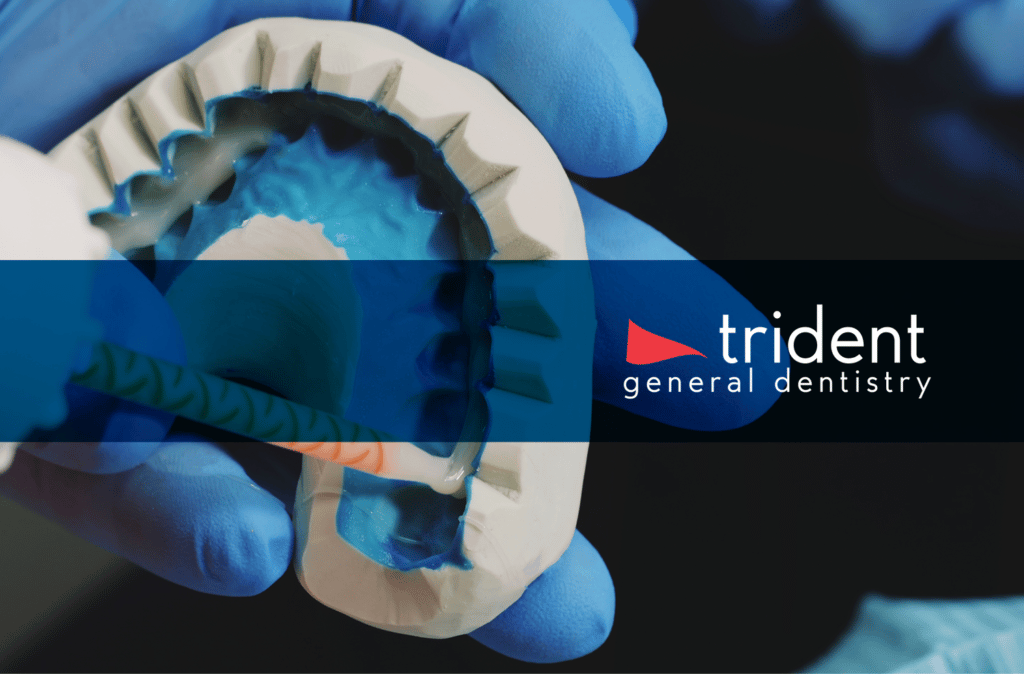Dental Veneers Pros And Cons

The pursuit of a perfect smile has led many to consider dental veneers, a popular cosmetic dentistry solution. These thin, custom-made shells are designed to cover the front of teeth, enhancing their appearance by correcting imperfections such as discoloration, chips, or misalignment. However, like any dental procedure, veneers come with their own set of advantages and disadvantages. Understanding these pros and cons is crucial for individuals contemplating veneers as a means to achieve their desired smile.
The Evolution of Dental Veneers
To truly appreciate the value of dental veneers, it’s essential to understand their history and how they have evolved over time. Initially introduced in the 1930s, veneers were first used in the film industry to improve the smiles of actors temporarily. Over the years, advances in dental technology and materials have transformed veneers into a long-lasting, durable solution for aesthetic dental issues. Today, veneers are made from high-quality porcelain or composite materials, offering a natural look and feel that can withstand the rigors of daily life.
Pros of Dental Veneers
Natural Appearance: One of the most significant advantages of dental veneers is their ability to mimic the natural appearance of teeth. The material used for veneers, particularly porcelain, closely resembles the light-reflecting properties of enamel, making them almost indistinguishable from natural teeth.
Durability: With proper care, veneers can last for many years, typically ranging from 10 to 20 years or more. Their durability makes them a worthwhile investment for those seeking a long-term solution for their dental aesthetic concerns.
Versatility: Veneers can address a wide range of dental issues, including teeth discoloration, chips, gaps, and misshapen teeth. This versatility makes them a comprehensive solution for achieving a uniform and appealing smile.
Stain Resistance: Porcelain veneers are resistant to staining, which means they can maintain their color and appearance over time, unlike natural teeth which can become discolored due to consumption of coffee, wine, and other discoloring substances.
Minimal Tooth Alteration: Unlike crowns, veneers require less enamel removal, preserving more of the natural tooth structure. This minimal alteration is a significant advantage for individuals concerned about losing too much of their tooth.
Cons of Dental Veneers
Cost: One of the most significant drawbacks of veneers is their cost. Since they are considered a cosmetic procedure, veneers are usually not covered by dental insurance, making them a considerable investment for many individuals.
Irreversible Process: The process of preparing teeth for veneers involves removing some enamel, which is irreversible. This means that once veneers are placed, they will always be needed, as the underlying teeth may be more sensitive and vulnerable without their natural protective layer.
Risk of Tooth Sensitivity: Some individuals may experience increased tooth sensitivity after veneers are applied. This sensitivity can be temporary but, in some cases, may persist.
No Repair: If a veneer is damaged, it typically cannot be repaired and must be replaced. This adds to the overall cost and maintenance considerations of choosing veneers.
Limited Fix for Underlying Issues: While veneers can correct aesthetic problems, they do not address underlying issues such as tooth decay, gum disease, or bite problems. These issues must be treated separately, potentially adding to the overall cost and time required for dental work.
Decision Framework
For individuals considering dental veneers, it’s crucial to weigh these pros and cons thoughtfully. Here are some key points to consider:
- Assess Your Needs: Determine the extent of your dental issues and whether veneers can address them comprehensively.
- Budget Considerations: Evaluate whether the cost of veneers fits within your budget, considering both the initial investment and potential long-term costs.
- Lifestyle Factors: Consider how your lifestyle, including dietary habits and oral hygiene practices, might impact the longevity and condition of your veneers.
- Consult a Professional: Finally, consult with a dental professional to discuss your specific situation, alternatives, and what you can realistically expect from veneers.
Conclusion
Dental veneers offer a powerful solution for achieving a more perfect smile, with benefits ranging from their natural appearance and durability to their stain resistance and versatility. However, they also come with significant considerations, including cost, the irreversibility of the preparation process, and the potential for tooth sensitivity. By carefully evaluating these factors and discussing them with a dental expert, individuals can make informed decisions about whether veneers are the right choice for enhancing their dental aesthetic and achieving the smile they desire.
FAQ Section
What are dental veneers made of?
+Dental veneers can be made from either porcelain or composite materials. Porcelain veneers are more durable and resistant to stains, mimicking the light-reflecting properties of natural teeth, while composite veneers are less expensive and can be applied in a single visit.
How long do dental veneers last?
+The lifespan of dental veneers can range from 10 to 20 years or more, depending on the material used and how well they are cared for. With proper oral hygiene and regular dental check-ups, veneers can maintain their appearance and function for a long period.
Are dental veneers covered by insurance?
+Typically, dental veneers are considered a cosmetic procedure and are not covered by dental insurance. However, in cases where veneers are necessary to repair damaged or decayed teeth, there might be some coverage, depending on the insurance provider and the specific policy.
Do veneers require special care?
+No, veneers do not require special care beyond regular brushing, flossing, and dental check-ups. It’s recommended to avoid using veneers as tools (e.g., opening packages) and to wear a mouthguard if you grind your teeth at night to prevent damage.
Can veneers be used to correct bite problems?
+While veneers can correct some alignment issues for aesthetic purposes, they are not a substitute for orthodontic treatment when it comes to correcting significant bite problems. For such cases, orthodontic treatment or other dental interventions might be necessary alongside veneers.
How do I choose the right dentist for veneers?
+Choosing the right dentist for veneers involves looking for a professional with extensive experience in cosmetic dentistry, particularly with veneers. Check for before-and-after photos of previous patients, read reviews, and ask about their approach to ensure it aligns with your expectations and needs.
